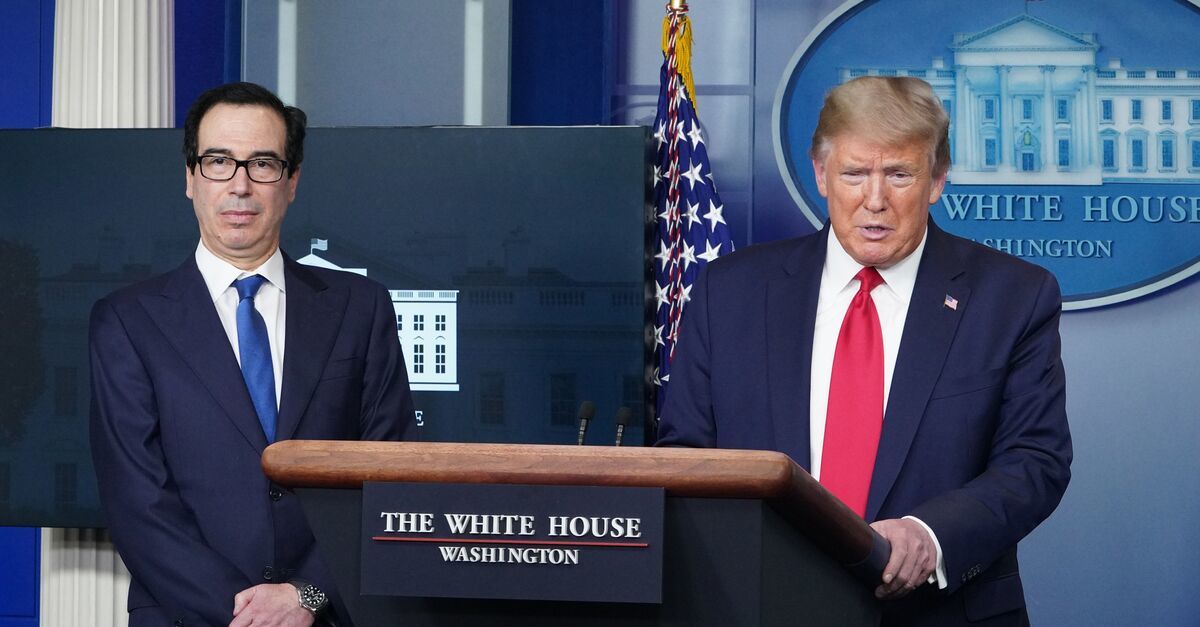ELURA NANOS Jan 9th, 2021

The Supreme Court of the United States granted certiorari Friday in two cases challenging the Trump administration’s distribution of $8 billion dollars of Coronavirus Aid, Relief, and Economic Security (CARES) Act funding. The consolidated cases are Mnuchin v. Confederated Tribes of the Chehalis Reservation and Alaska Native Village Corporation Association v. Confederated Tribes of the Chehalis Reservation.
The aid was to be given to “tribal governments” and was specifically earmarked for easing the monetary burdens of the COVID-19 fallout. A group of tribal governments alleged in a federal lawsuit that the aid meant for them actually went to more than 230 Alaska Native for-profit corporations (ANCs).
Congress statutorily created a different relationship with Alaska Natives from what it has with Native Americans in the lower 48 states. Instead of using reservations, “regional corporations” and “village corporations” were created in Alaska. These ANCs are private corporations with shareholders that include both Indians and non-Indians.
When Congress authorized the treasury secretary to hand out CARES Act funding, it was to “Indian tribes as defined in the Indian Self-Determination and Education Assistance Act.” That definition was as “any Indian tribe, band, nation, or other organized group or community, including any Alaska Native village or regional or village corporation . . . which is recognized as eligible for the special programs and services provided by the United States to Indians because of their status as Indians.”
The plaintiff tribal governments claimed that funds diverted to the corporations deprived them of basic needs, as CARES Act funding was its only potential source of assitance. Among other things, the tribal governments required CARES assistance to “address the needs of its homeless families as well as of the many intergenerational families who live in overcrowded substandard housing, lacking water and sewer services.” Further, because at the time of filing, there was no airline service due to the pandemic, it was impossible for the tribes to obtain important sanitary products. The ANCs, claimed the plaintiffs, had the ability to seek alternative sources of funding.
The Tribal governments prevailed at the district court level; the U.S. Court of Appeals for the District of Columbia Circuit agreed that the corporations were not “Indian tribes.” The D.C. Circuit Court ruled that only Alaska Native corporations that are formally recognized qualify as Indian tribes; further, it noted that “recognition” is a “legal term of art” in Indian law and the corporations have never been recognized in this formal sense. (Recognition gives tribes “a government-to-government relationship with the United States” and a host of other benefits.)
Both the treasury secretary and the Alaska Native corporations petitioned for certiorari, arguing that the D.C. Circuit’s ruling conflicts with the Congressional intent of the CARES Act and related Ninth Circuit precedent.
No comments:
Post a Comment